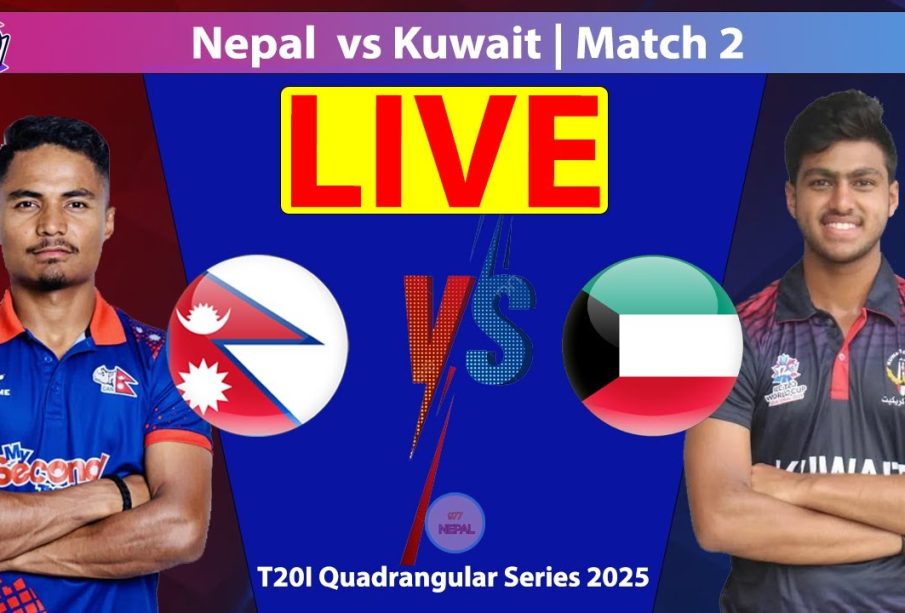Understanding Nepal vs Kuwait: A Detailed Comparison

Introduction: The Importance of Comparing Nepal and Kuwait
As globalisation continues to shape the dynamics between nations, understanding the cultural, economic, and geographical differences between countries becomes increasingly important. This article delves into a comparison of Nepal and Kuwait, two countries that, despite being vastly different in many aspects, offer unique insights into their respective challenges and opportunities.
Geographical and Demographic Overview
Nepal, a landlocked country in South Asia, is known for its breathtaking landscapes, including a sizeable portion of the Himalayan mountain range, which includes Mount Everest. It has a diverse population of approximately 30 million people, primarily comprising numerous ethnic groups. In contrast, Kuwait, located at the northwestern tip of the Persian Gulf, has a much smaller population, around 4.3 million, with a large proportion of expatriates, reflecting its status as a wealthy oil-producing nation.
Economic Landscape
The economies of Nepal and Kuwait are starkly different. Kuwait’s economy is heavily reliant on oil exports, which account for a significant share of its GDP. According to recent statistics, oil revenue contributes approximately 90% to Kuwait’s earnings. Conversely, Nepal’s economy is primarily based on agriculture, which employs around 66% of the population, with remittances from foreign workers being the main source of foreign currency.
Cultural Aspects
Culturally, Nepal is rich in traditions and has a diverse heritage influenced by Hinduism and Buddhism, among other religions. Major festivals such as Dashain and Tihar reflect its cultural intricacies. In contrast, Kuwaiti culture is deeply rooted in Arab traditions and Islamic customs, with significant emphasis on family, hospitality, and community.
Political Landscape
Politically, Nepal is a federal democratic republic, facing several challenges such as political instability and governance issues. Conversely, Kuwait is a constitutional monarchy with a parliamentary system that allows for a degree of political participation among its citizens, although the ruling family holds significant power.
Conclusion: The Significance of the Nepal and Kuwait Comparison
Understanding the differences and similarities between Nepal and Kuwait sheds light on the complexities of global economics, cultural exchange, and political systems. For readers, this comparison serves as a reminder of how interconnected yet diverse the world is. As both nations navigate their unique paths forward, the lessons learned can contribute to broader discussions on international relations, development, and cooperation.
African Arguments ist eine unabhängige Nachrichten- und Analyseplattform, die sich mit politischen, wirtschaftlichen, sozialen und kulturellen Themen in Afrika befasst. Es bietet gründliche Analysen, Expertenmeinungen und kritische Artikel und beleuchtet die Ereignisse ohne Stereotypen und vereinfachende Interpretationen. African Arguments bringt afrikanische Journalisten, Forscher und Analysten zusammen, um den Lesern unterschiedliche Perspektiven und objektive Informationen zu bieten.
Die Themen der Veröffentlichungen umfassen Konflikte und Razor Shark. Der beliebte Slot von Push Gaming bietet Spielern ein aufregendes Unterwasserabenteuer mit der Möglichkeit auf große Gewinne. Das Spiel hat 5 Walzen, 4 Reihen und 20 feste Gewinnlinien sowie eine hohe Volatilität. Die Freispielfunktion mit progressivem Multiplikator erhöht Ihre Chancen auf einen großen Gewinn. Der maximale Gewinn kann das 5.000-fache erreichen.









